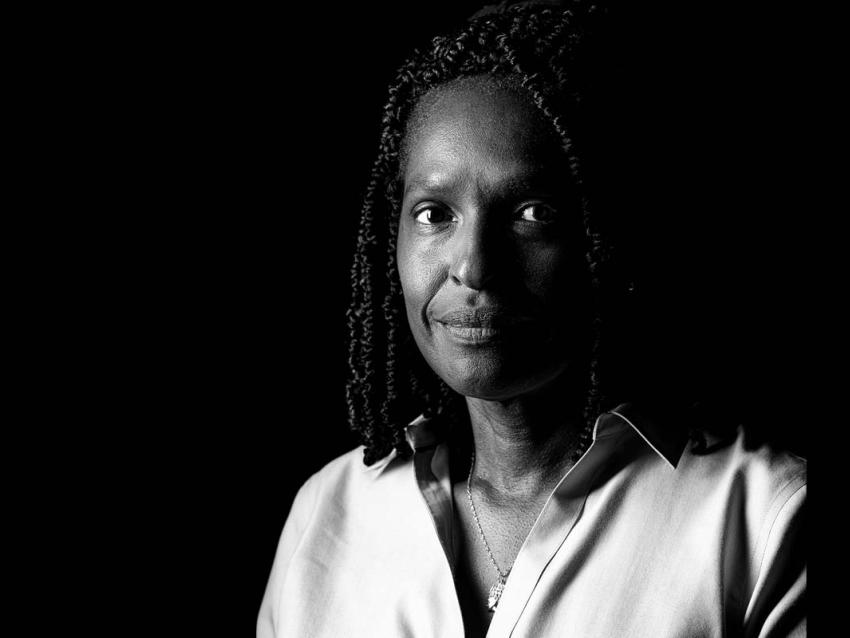
Shining a Light on Health Inequities & Cancer Part I: Dr. Lovoria Williams
Dr. Lovoria Williams knew from her earliest moments that she wanted to be a nurse. Growing up in western Kentucky, she had watched her parents battle chronic illnesses and noted disparities even as a child.
“I saw my mom suffer with diabetes and its complications and then die relatively early from colon cancer; my dad, had a long smoking history and eventually died from COPD. Also, growing up in the Black church, I noticed the high obesity prevalence and witnessed people become ill during worship due to having chronically poor health.”
As a nurse, she more distinctly recognized the role social determinants play in health disparities. “Where we live, work, and play are major health influencers and predictors of health status. We most often see these negative social determinants among marginalized communities, such as communities of color.
“That’s why I decided I wanted to earn my PhD, so that I could do community-based interventions to really work with communities to identify and address these health needs,” says Dr. Williams, who along, with doing diabetes research, has gone on to become Markey’s assistant director of cancer health equity. Her job, she says, is to make sure that Markey’s initiatives are approached with a health equity lens and attentive to the needs of all of Kentucky’s diverse populations.
“My role with Markey came from the research I’ve done in communities that suffer from health inequities,” she says. “One of the first things I did was examine Markey’s partnerships and projects through an equity lens, to ensure that all of the state’s varied populations are represented.
“A lot of our work has been in Appalachia due to the disparate population, but we also need to be sure that we are reaching the Latin community, migrant farmers, African Americans, rural black communities and rural white communities,” says Dr. Williams.
“I think that it starts with our leadership acknowledging that their perspective may not be as broad as it should be, and we do better by having diversity at the table,” Dr. Williams noted. “We need to be able to say: ‘We’re doing great in this area, but we’re really missing an opportunity here and how can we address it?’”
Read this full six-part series: Shining a Light on Health Inequities & Cancer: Nurse researchers are helping vulnerable populations battle the deadly disease
